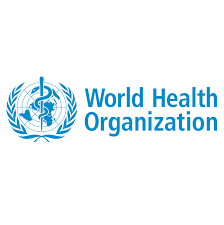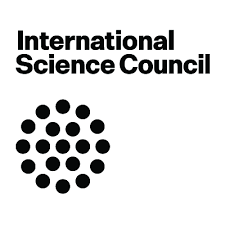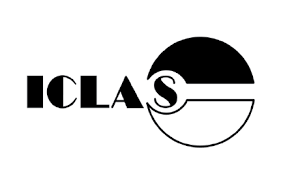World Health Organization (WHO)

The World Health Organization (WHO) plays a central role in global public health, working to protect populations from disease, strengthen health systems, and promote scientific progress. Immunology lies at the heart of this mission—guiding vaccine development, shaping strategies to prevent and control infectious diseases, and deepening our understanding of immune-mediated conditions. Through research collaboration, capacity-building, and evidence-based policy guidance, WHO contributes significantly to advancing immunology worldwide and ensuring that immunological knowledge is translated into better health outcomes for all.
International Science Council (ISC)

The International Science Council (ISC) is a global non-governmental body that brings together over 40 international scientific unions and more than 140 national and regional scientific organizations. Its mission is to strengthen science for the benefit of society by fostering international collaboration, addressing major global challenges, and ensuring inclusive participation in scientific advancement. Formed in 2018 through the merger of ICSU and ISSC, the ISC serves as a unified voice for science worldwide.
Immunopaedia

Immunopaedia promotes education, knowledge and research in Immunology globally; it is an immediate source of immunology information for healthcare professionals, students and researchers. This platform provides materials for teaching and learning immunology, from the basic immune system to advanced immunology and specialized focus areas. Immunopaedia is the official online educational provider for pre-course material used in IUIS Education Committee immunology education programs worldwide, including those in developing regions. As an open-access platform, it allows anyone to register at no cost and provides high-quality learning resources to prepare participants before attending in-person IUIS courses.
International Council for Laboratory Animal Science (ICLAS)

The International Council for Laboratory Animal Science (ICLAS) is a global scientific organization dedicated to advancing responsible, ethical, and high-quality use of animals in research. By supporting scientific standards, promoting education, and encouraging collaboration across countries and disciplines, ICLAS plays an essential role in improving research quality and animal welfare worldwide. As laboratory animals remain foundational in immunology research—particularly in areas such as vaccine development, host–pathogen interactions, and immune system modeling—ICLAS contributes to scientific progress that directly supports the mission of IUIS. Through shared values in advancing ethical research and global collaboration, ICLAS and IUIS intersect in strengthening the immunology community and improving scientific outcomes for human and animal health.
Standing Committee for Gender Equality in Science (SCGES)

The Standing Committee for Gender Equality in Science (SCGES) was established in September 2020 by a group of international scientific organizations committed to advancing gender equity in STEM fields. Building on the initiative A Global Approach to the Gender Gap in Mathematical, Computing, and Natural Sciences: How to Measure It, How to Reduce It?, SCGES works to promote equal access to science education for women and girls, and to ensure fair opportunities, support, and career progression for women in research. IUIS has been a member since April 2022, reflecting its dedication to improving gender representation and visibility within the global immunology community. With gender balance being essential to scientific innovation and diverse perspectives in immunological research, IUIS and SCGES share a common mission in fostering equity, inclusivity, and excellence across science.
To discuss partnership opportunities, please contact us at info@iuis.org or call +49 (0)30 24603-407.
